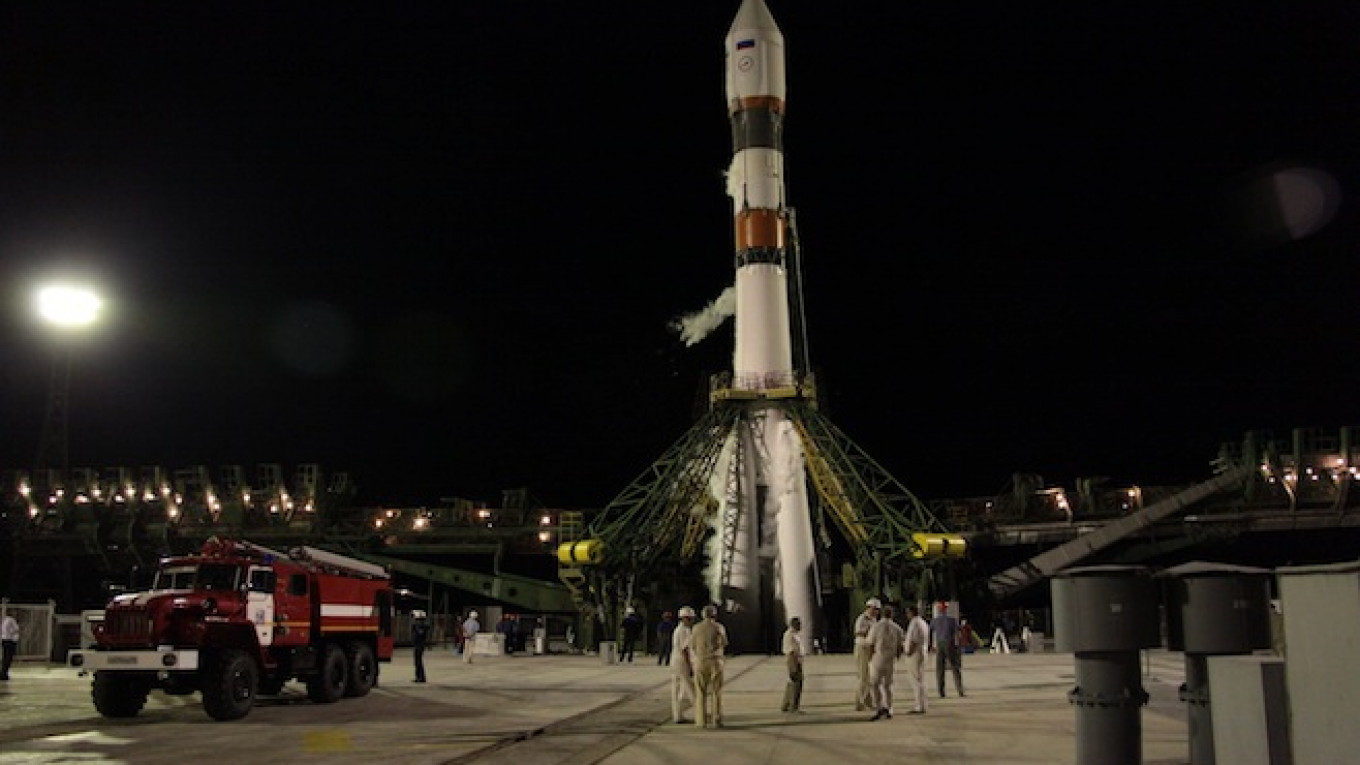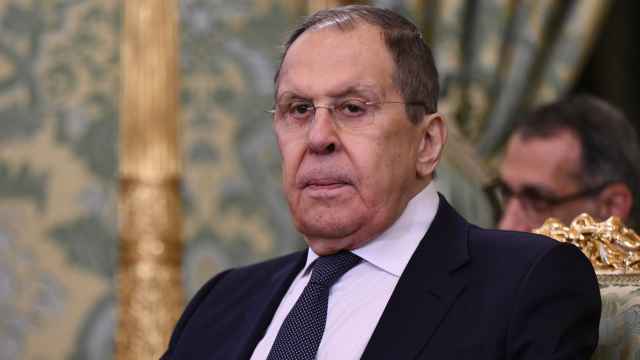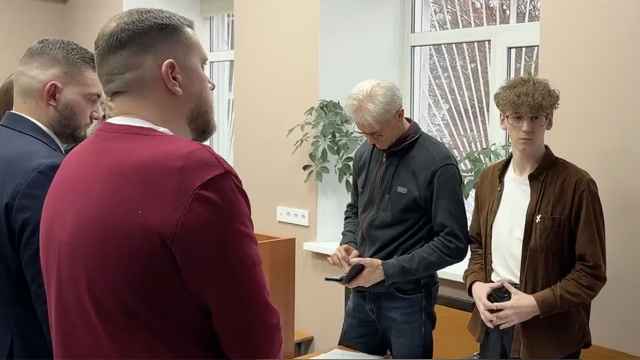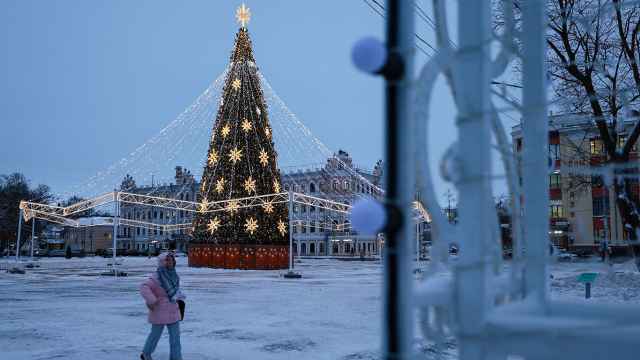Russia's Mission Control has re-established contact with a research satellite carrying five sexually active geckos into space.
"The connection has been restored, the program has been checked. … We are looking into the reasons that gave rise to the abnormal situation," Oleg Ostapenko, the head of space agency Roscosmos, said Saturday in an online statement.
The space agency said Thursday that it had lost contact with the Photon-M craft less than a week after it was launched from the Baikonur Cosmodome as part of a research mission designed to test the effects of weightlessness on the geckos' reproductive capabilities.
Also aboard the ship are a batch of fruit flies and some mushrooms, part of eight biological research programs that scientists plan to conduct in space.
The satellite, which is on a 60-day flight, is due to re-enter orbit in mid-September.
See also:
Russian Satellite Fail Leaves Geckos and Fruit Flies Lost in Space
A Message from The Moscow Times:
Dear readers,
We are facing unprecedented challenges. Russia's Prosecutor General's Office has designated The Moscow Times as an "undesirable" organization, criminalizing our work and putting our staff at risk of prosecution. This follows our earlier unjust labeling as a "foreign agent."
These actions are direct attempts to silence independent journalism in Russia. The authorities claim our work "discredits the decisions of the Russian leadership." We see things differently: we strive to provide accurate, unbiased reporting on Russia.
We, the journalists of The Moscow Times, refuse to be silenced. But to continue our work, we need your help.
Your support, no matter how small, makes a world of difference. If you can, please support us monthly starting from just $2. It's quick to set up, and every contribution makes a significant impact.
By supporting The Moscow Times, you're defending open, independent journalism in the face of repression. Thank you for standing with us.
Remind me later.






